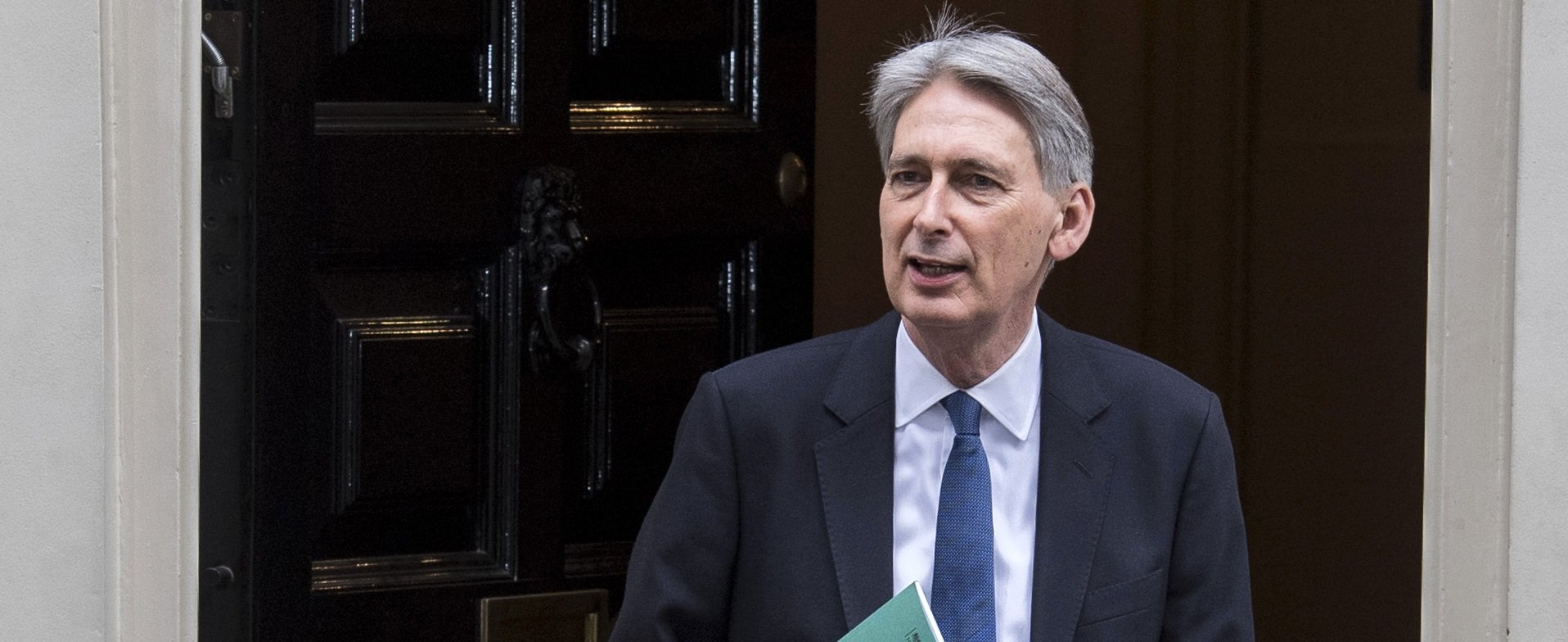This Wednesday is a critical moment for a government recovering from the election result and months of process stories. The Budget is arguably more important and more dangerous than the Queen’s Speech or the EU Withdrawal Bill. Ministers will want to demonstrate two things seen to be in short supply: sound money and shrewd judgement. The main priorities are already well known: housing, young people, and productive economic investment. But the fiscal position leaves very little room for manoeuvre.
As the Government and Opposition know, a budget is one of few parliamentary votes to actually have the power to fell a Government. Two governments in history have been defeated on their budgets, Gladstone in 1852 and Disraeli in 1885; both resigned and saw the opposition win the ensuing election. The Whips Office, under new Chief Whip Julian Smith, will consider it an existential moment for the Government – and the margin for risk will be limited as a result.
The Chancellor’s tactical nous and political judgement will be front and centre. The Spring Budget, complete with u-turns before on business rates reform and after on Class 4 National Insurance contributions left many feeling he had little of neither. He knows to avoid even the smallest hiccup if he is to avoid further attacks from his opponents, on both sides of the house. He will almost certainly pursue fiscal discipline in the face of strong economic headwinds and uncertainty.
Budgets are prepared through a rhythm of special bilateral meetings between No10 and No11, closely managed by Jeremy Heywood. The position will have become more settled over the weekend, when the Office for Budget Responsibility forecasts are finalised, with the Budget text finalised between 24 and 48 hours before the Chancellor stands up.
There are four elements to bear in mind. The first is the fiscal trajectory. The Chancellor will, in all likelihood, maintain the fiscal rules the party set out in the election: he has been caught out breaking manifesto pledges before. This will be reinforced by the forecasts: while above-expected tax receipts will help in the short term, the OBR’s expected downgrading of productivity forecasts will constrain in the long run.
The second is pressures on the fiscal scorecard, which this time will be substantial. The last six months have prompted a series of calls on the Treasury, including schools funding, public sector pay, student loans reforms, and changes to local housing allowance and universal credit, which cumulatively add up to many billions. That is before liabilities from adverse court judgements, like PIP. On the other side of the ledger, the Government has announced housing association funding will be reclassified as off-balance sheet, giving some flexibility.
The third is tax, managed mostly by the Treasury given the potential for leaks to the market. Expect minor changes to tax categories with a broad base, reducing the risk of capital flight. If anywhere, this is where the Government may act on intergenerational unfairness: a stamp duty cut for first time buyers feels likely, and ministers may look at commercial property taxes and pension tax relief too. The parliamentary arithmetic means it’s unlikely core working age taxes will be tinkered with substantially.
The fourth element is spending, the vast majority of which the Government announced at Party Conference. Expect government funding for housebuilding, more detail on student loans, and perhaps targeted investment for the NHS. The industrial strategy is due a financial boost, so don’t rule out significant capital investment in the economy – but not on current spending.
Taken all together, these pressures spell a cautious and – the Chancellor will hope – straightforward Budget, rather than a bold but riskier set of announcements. Tactically that is clearly sensible given the weeks the Government has had recently; it remains to be seen whether it is the right strategy long-term.

